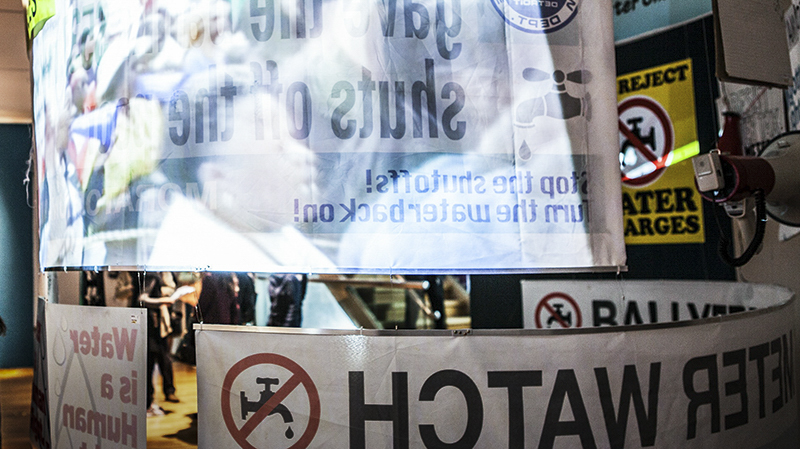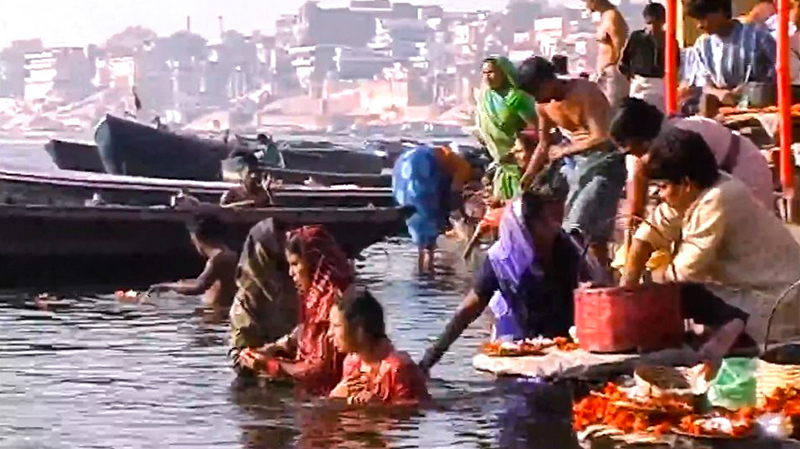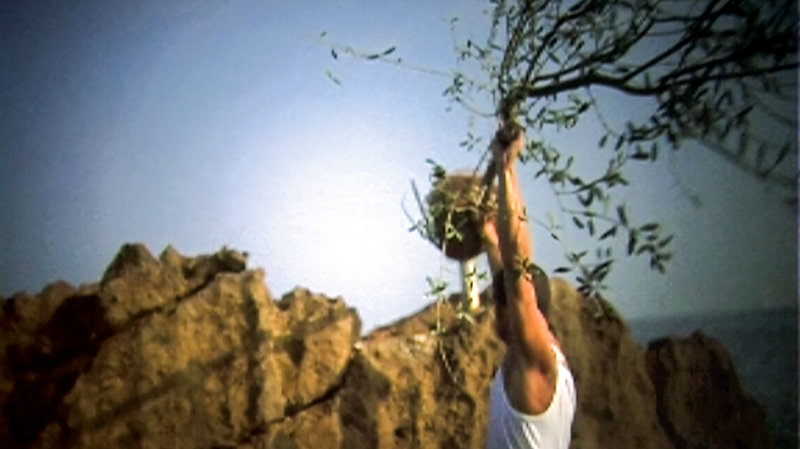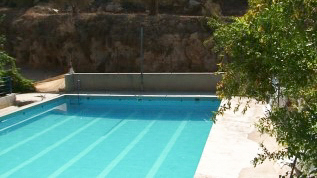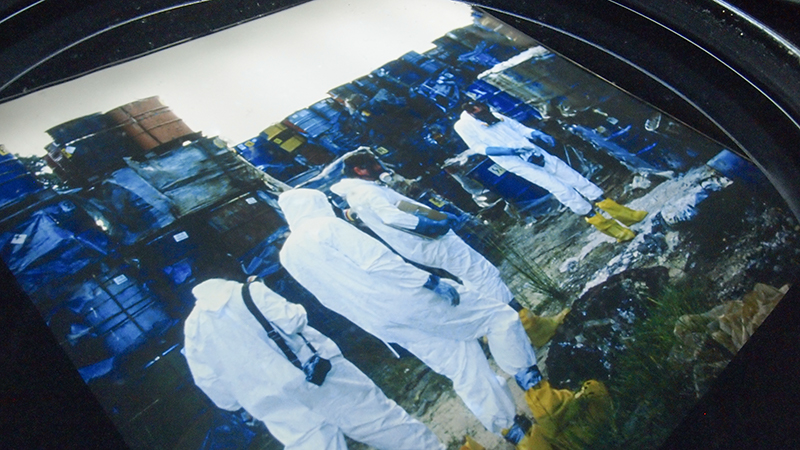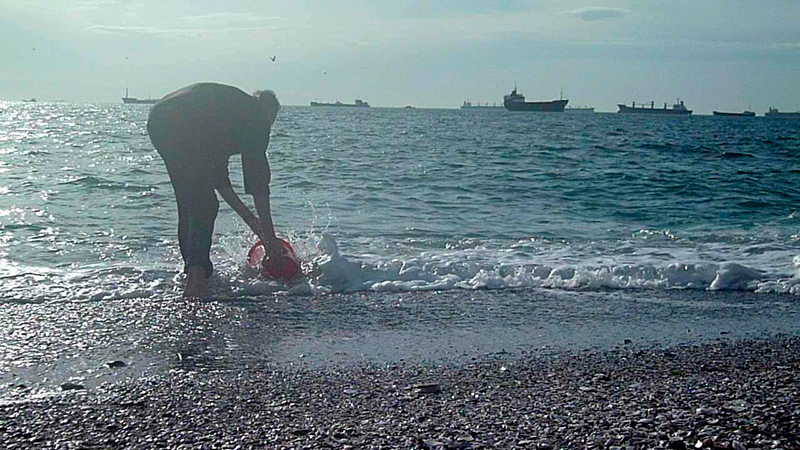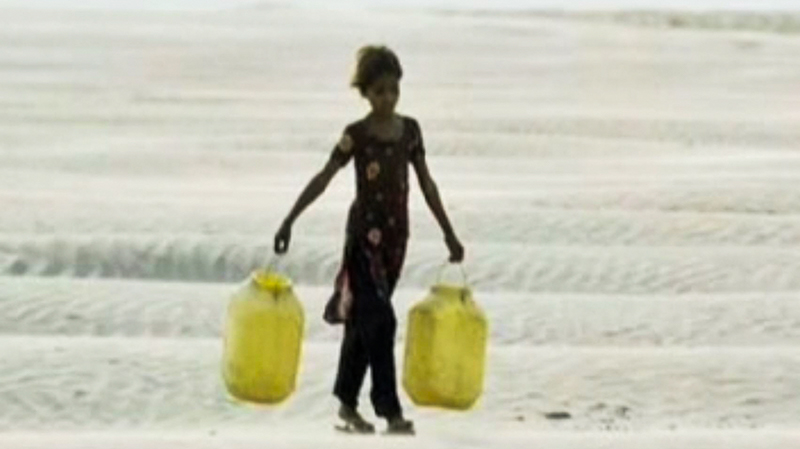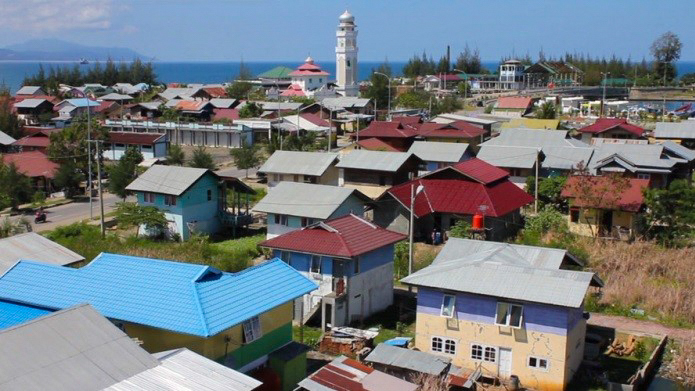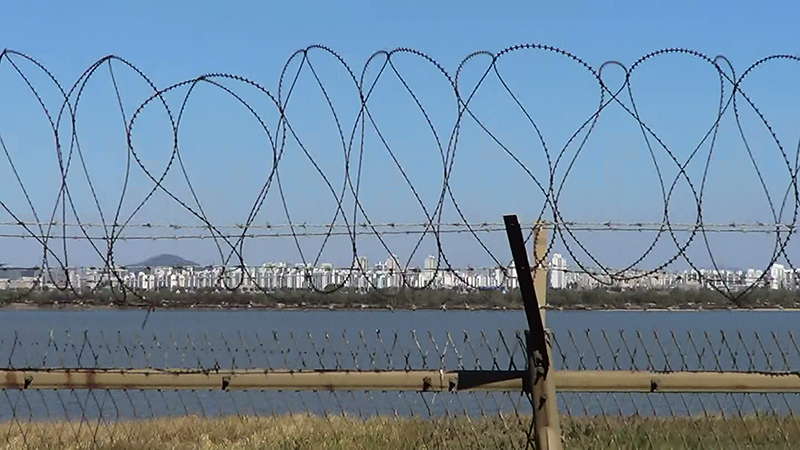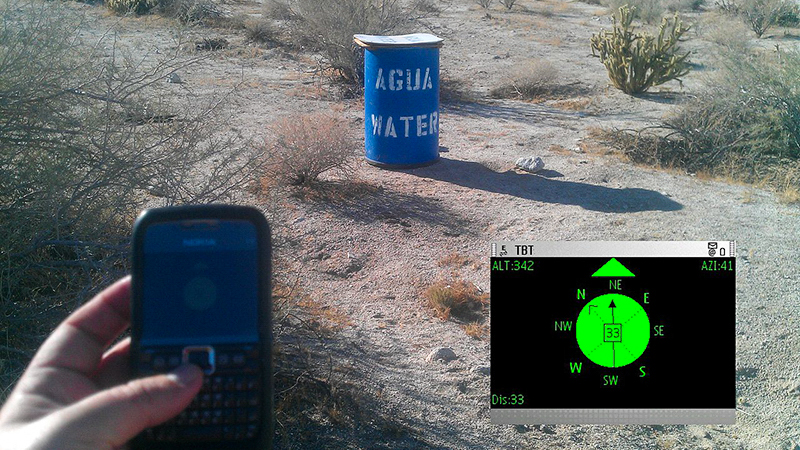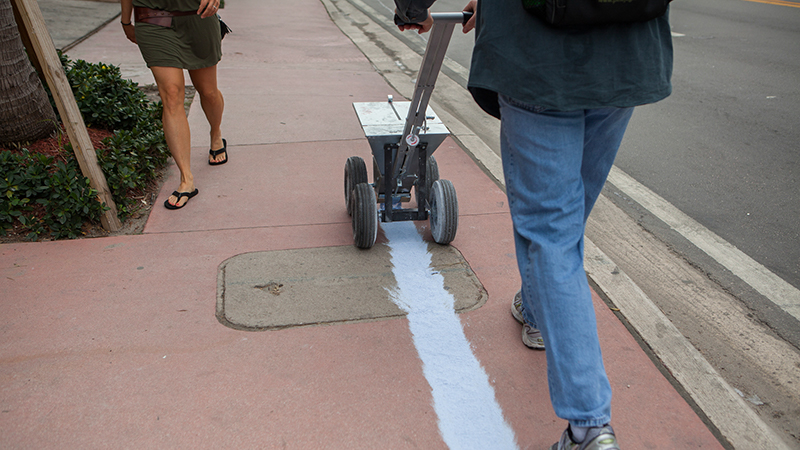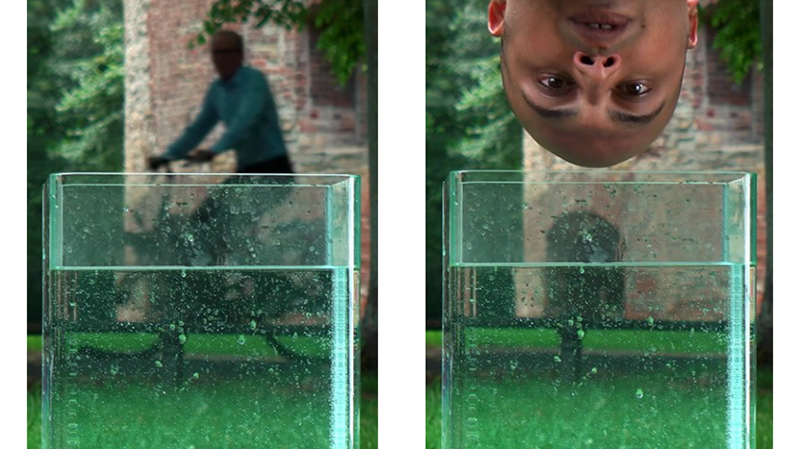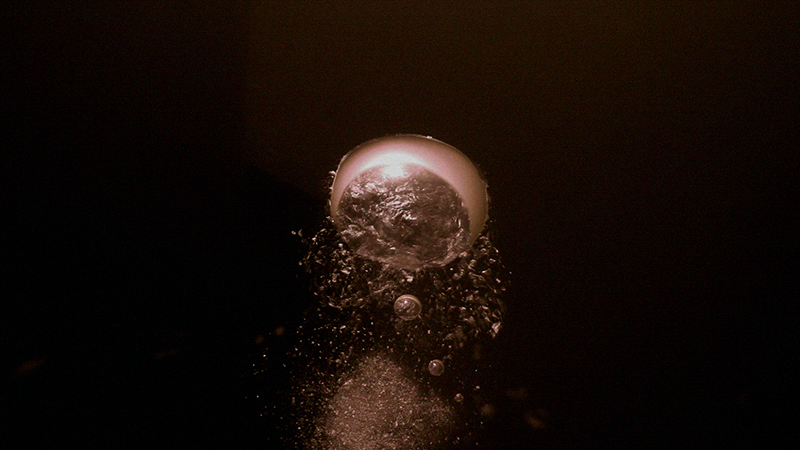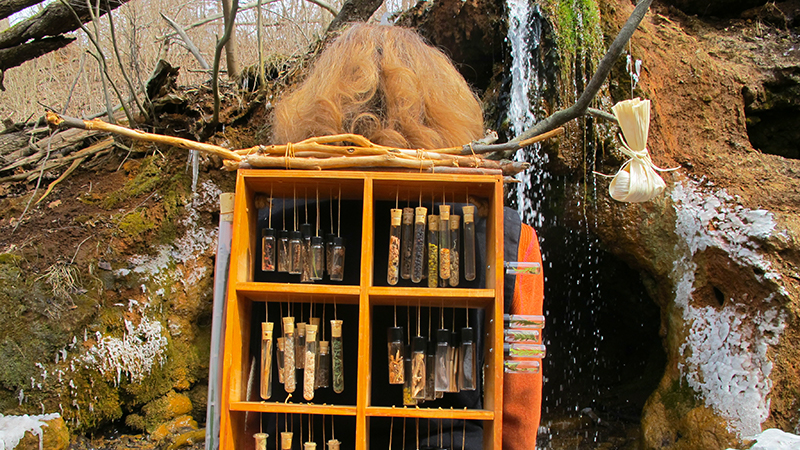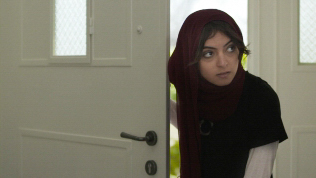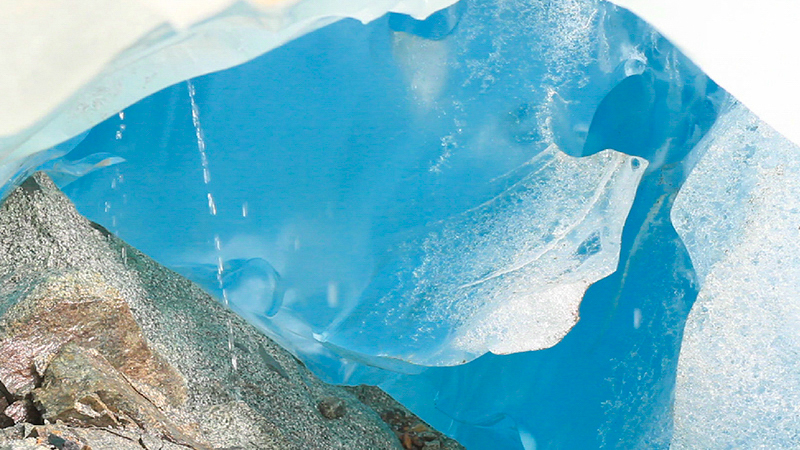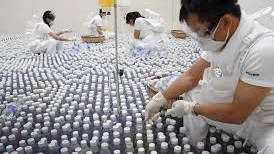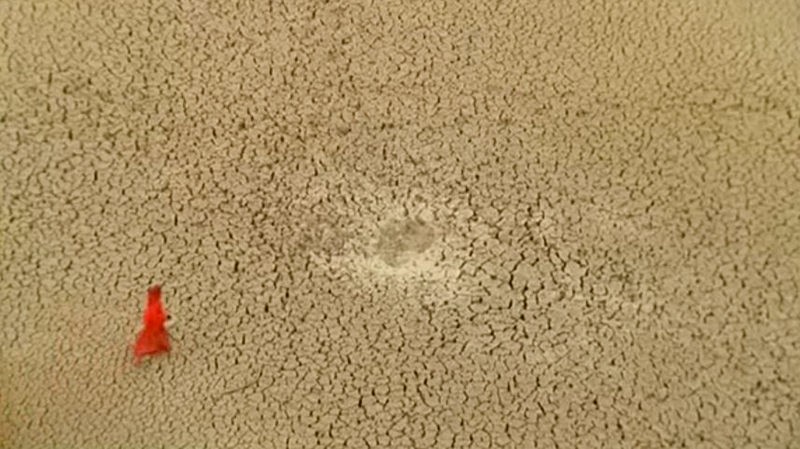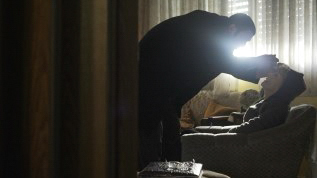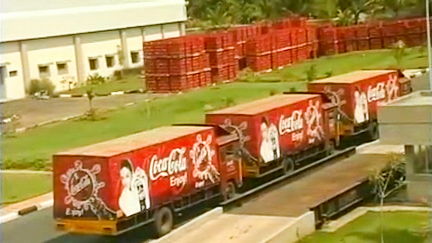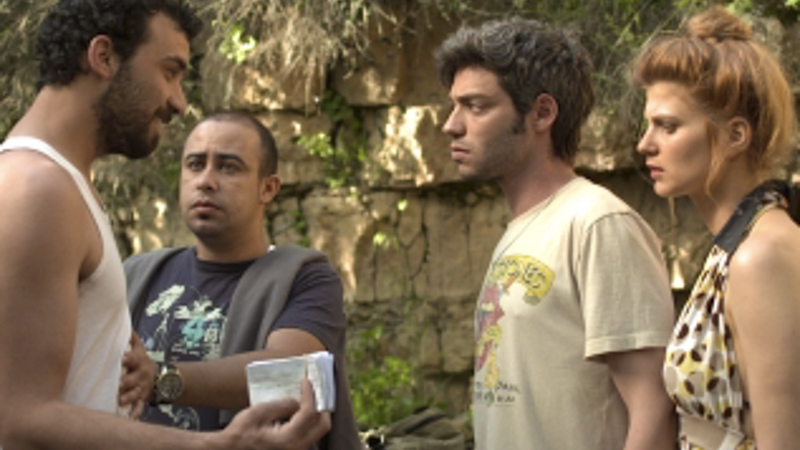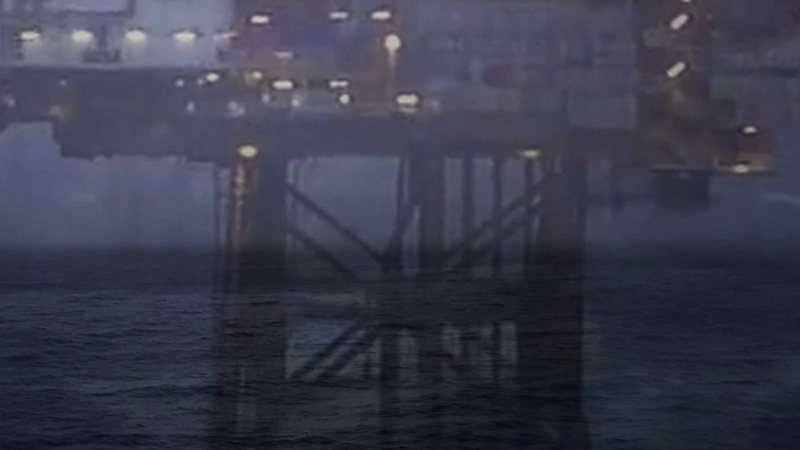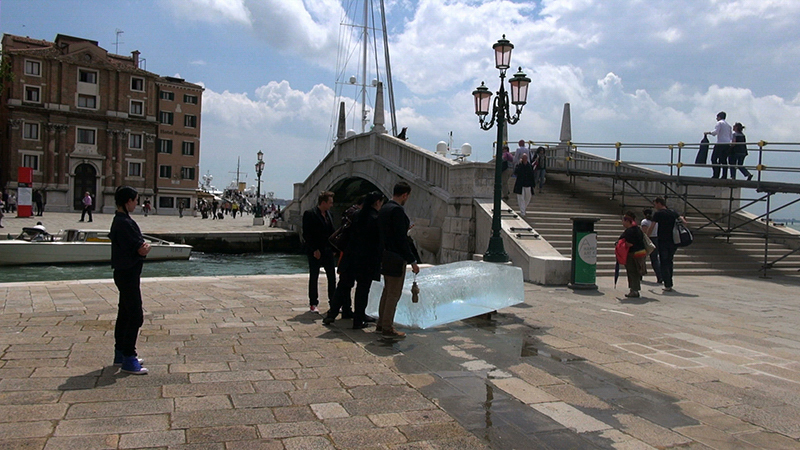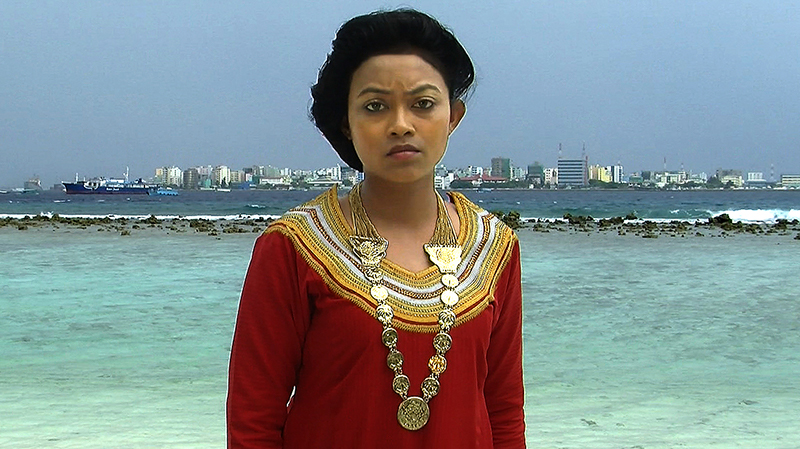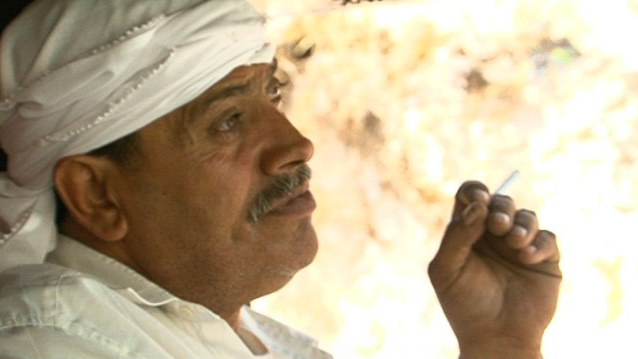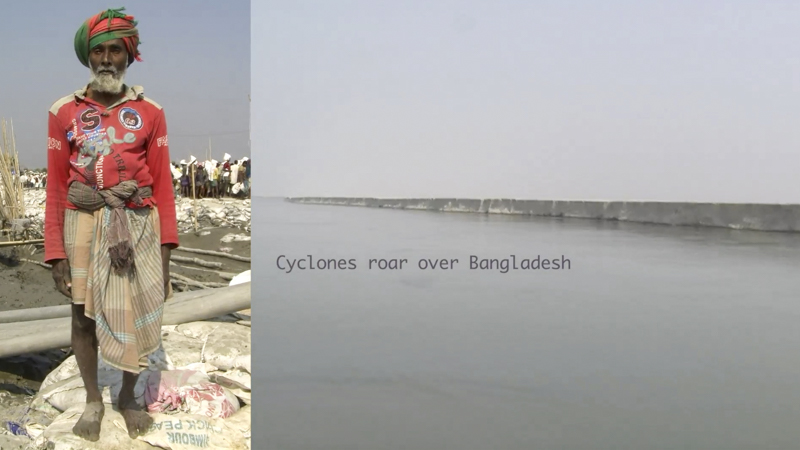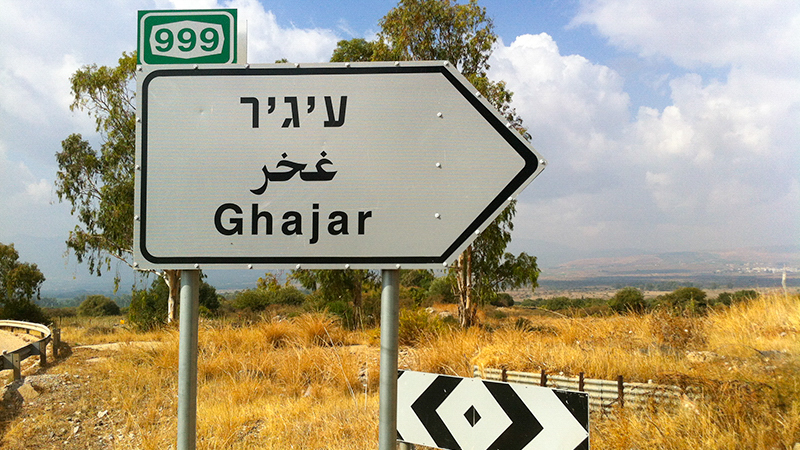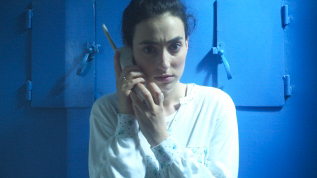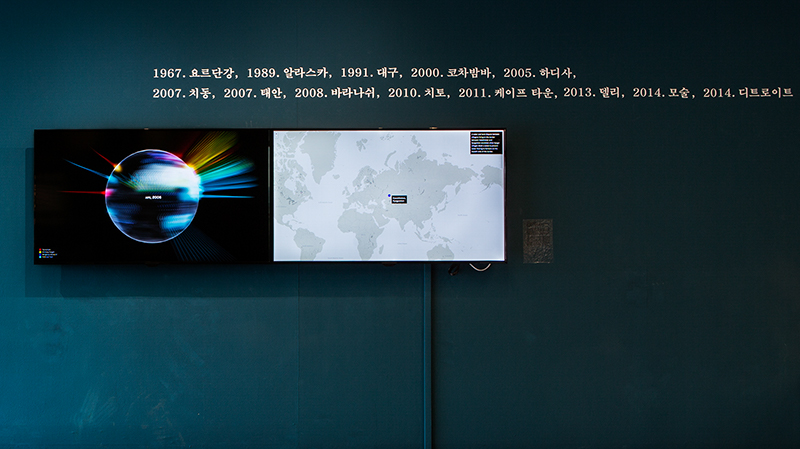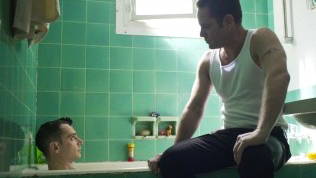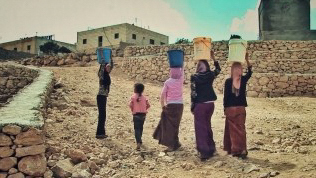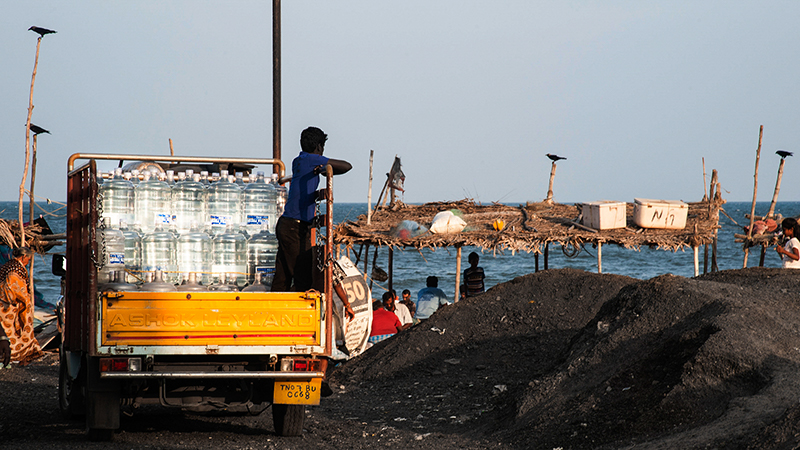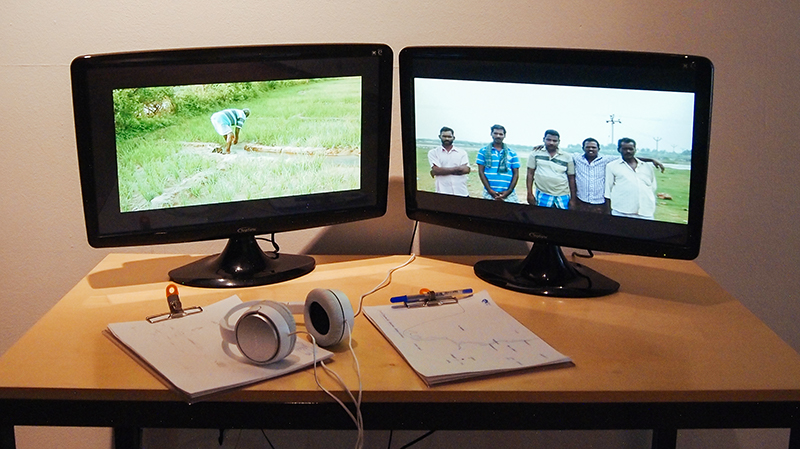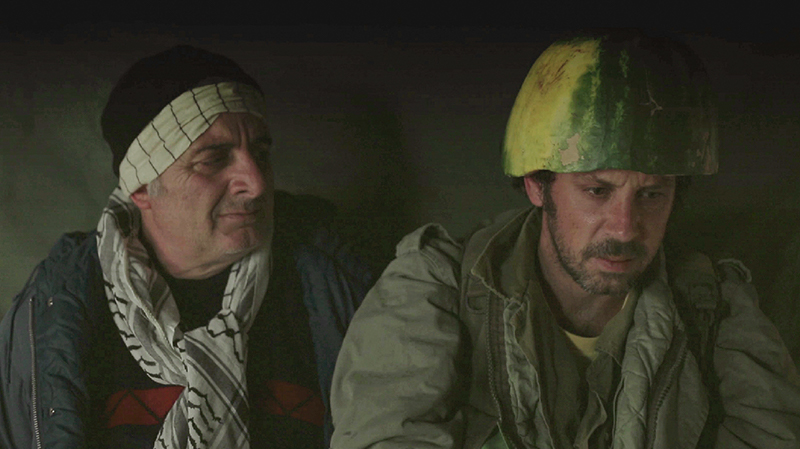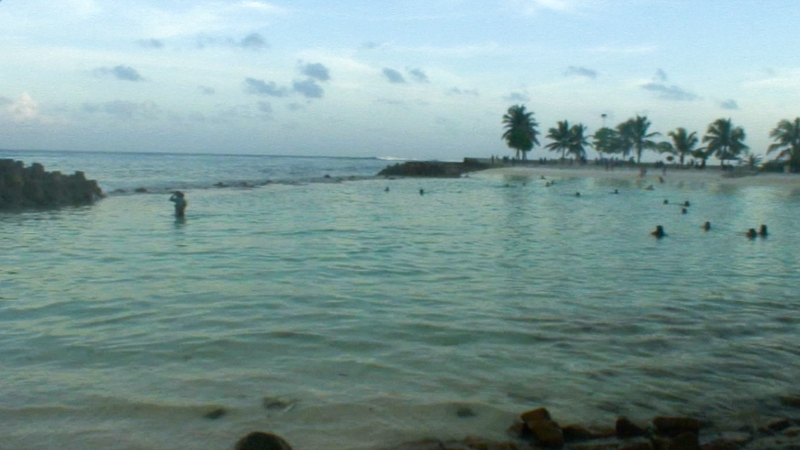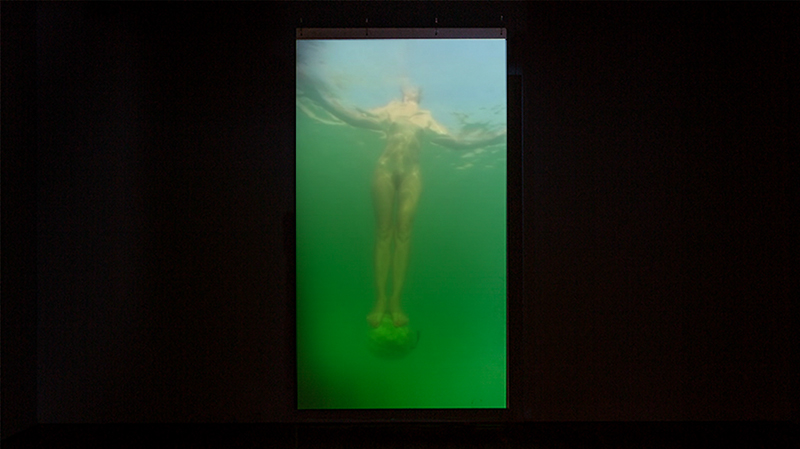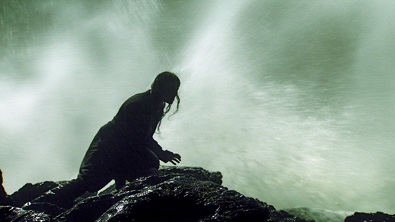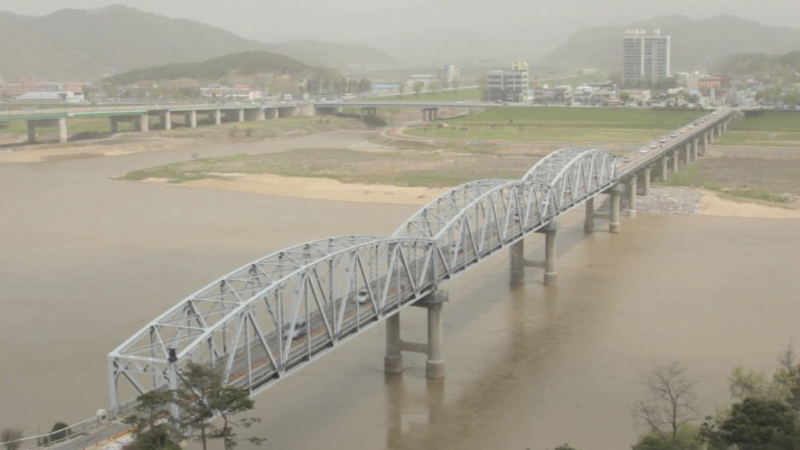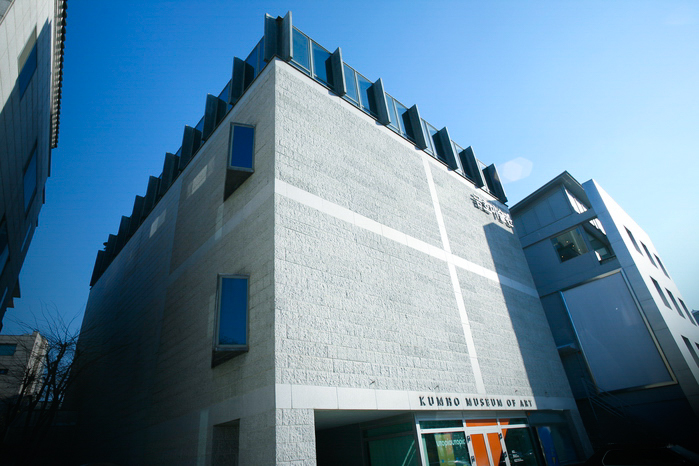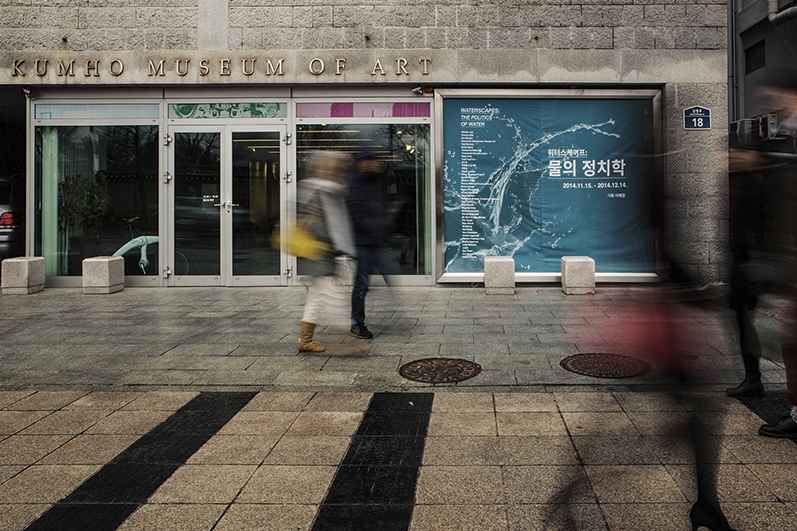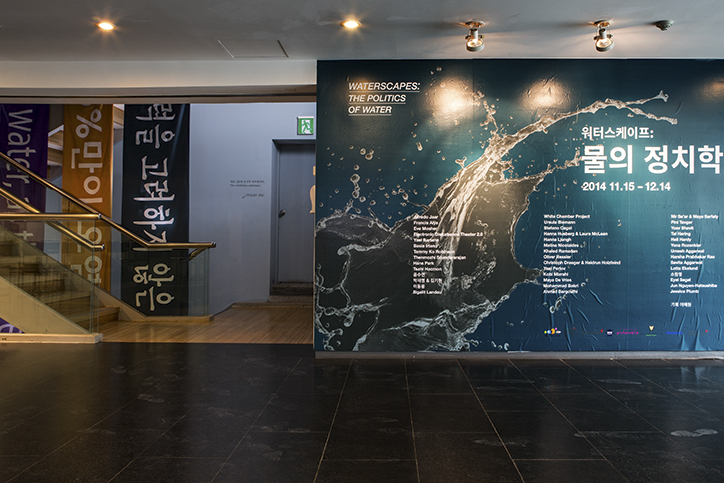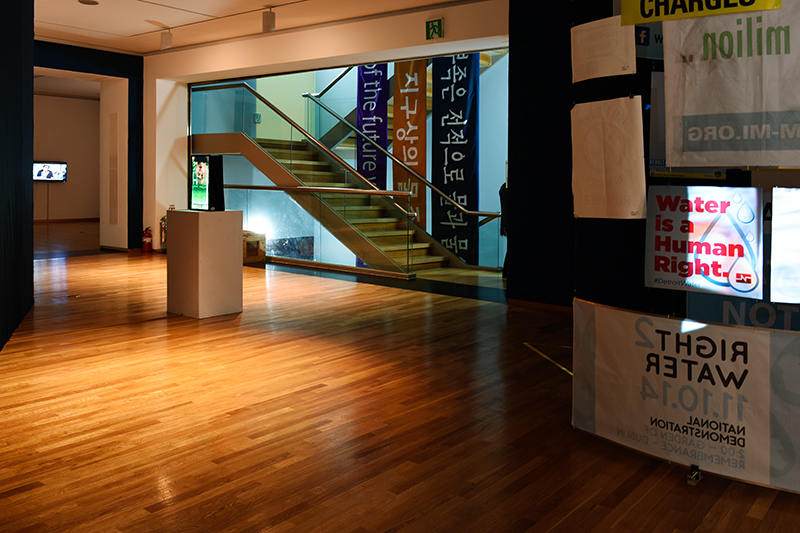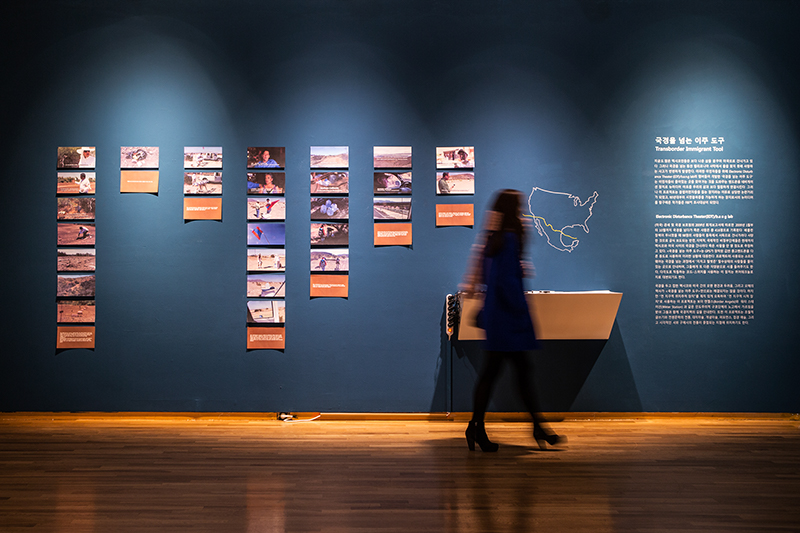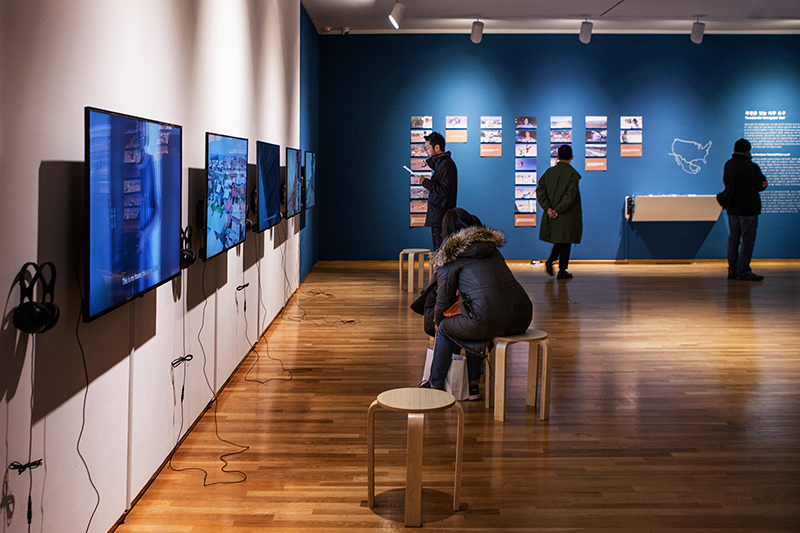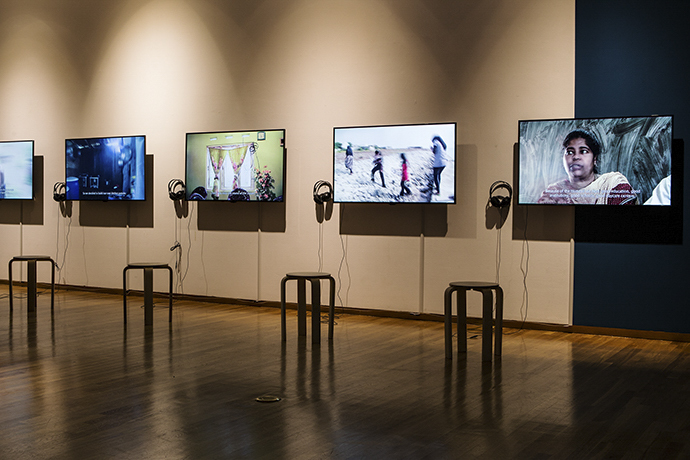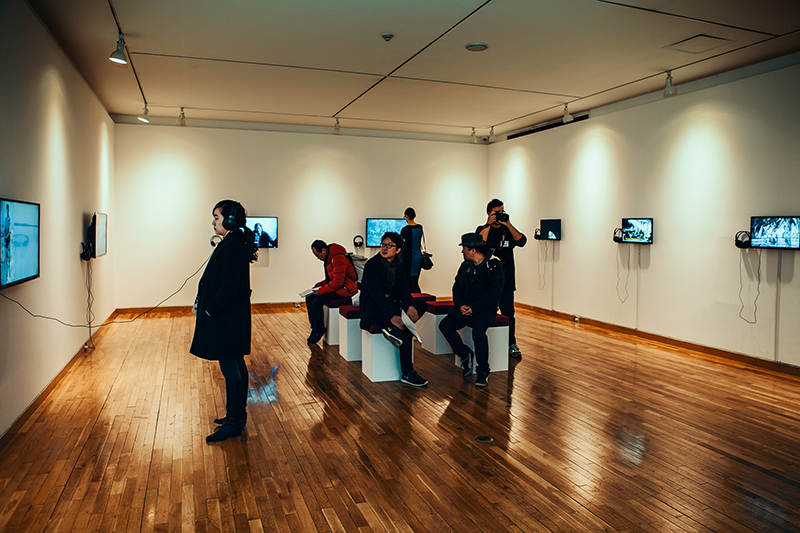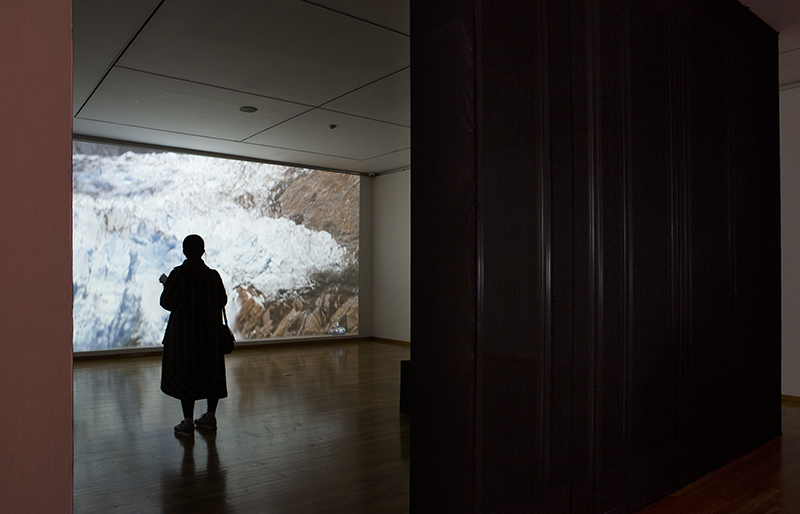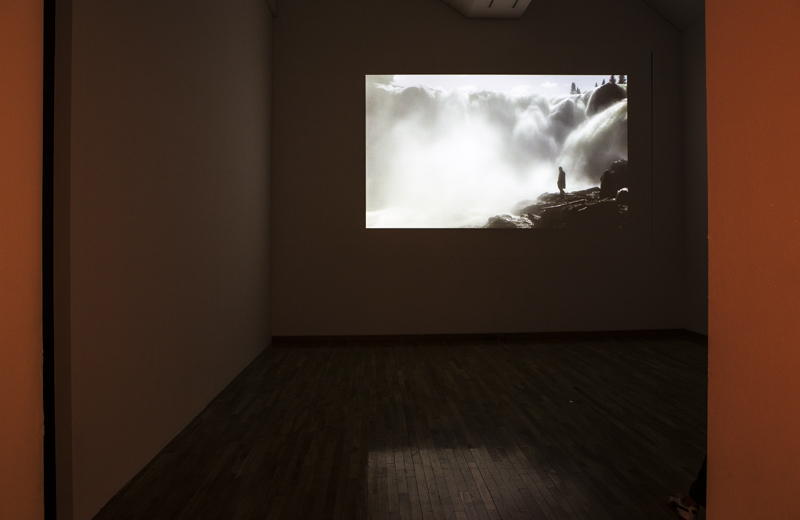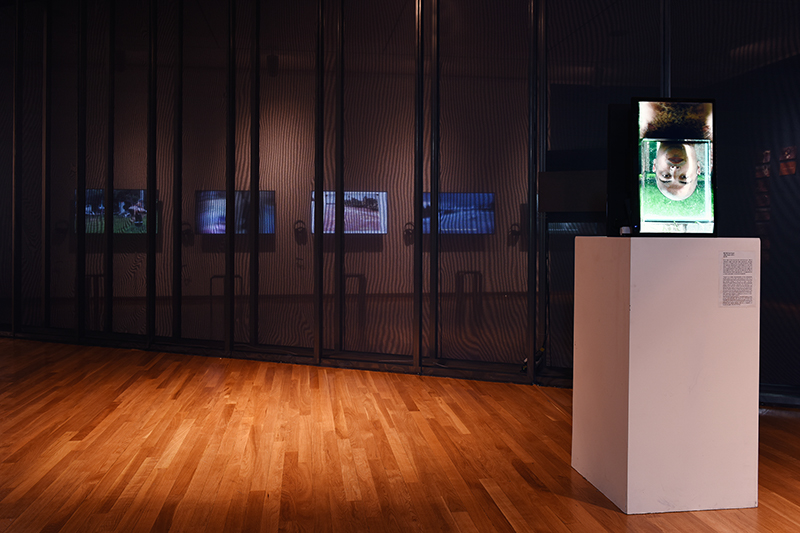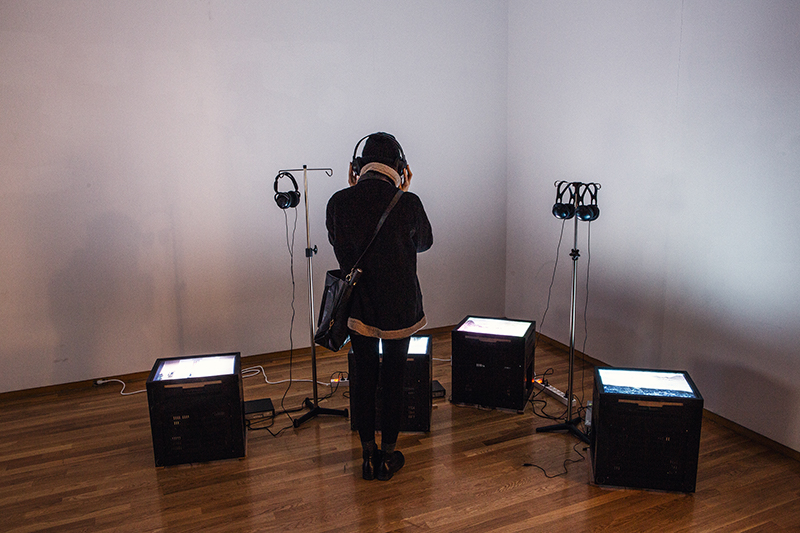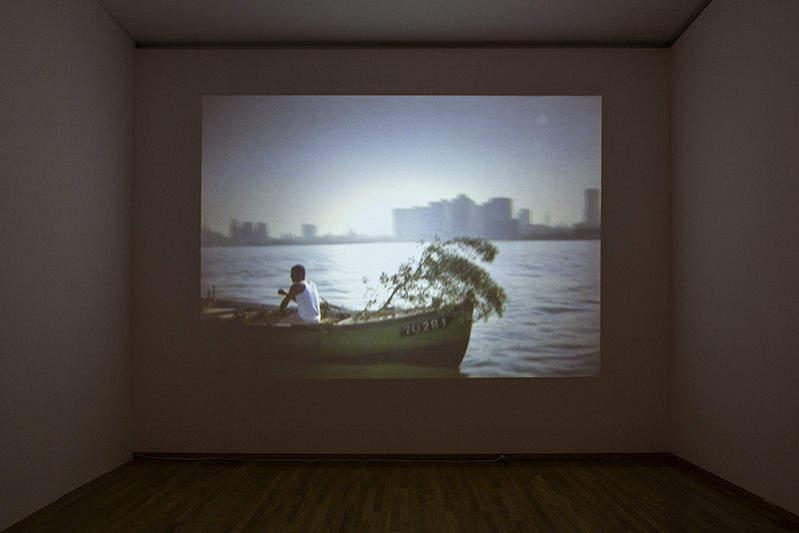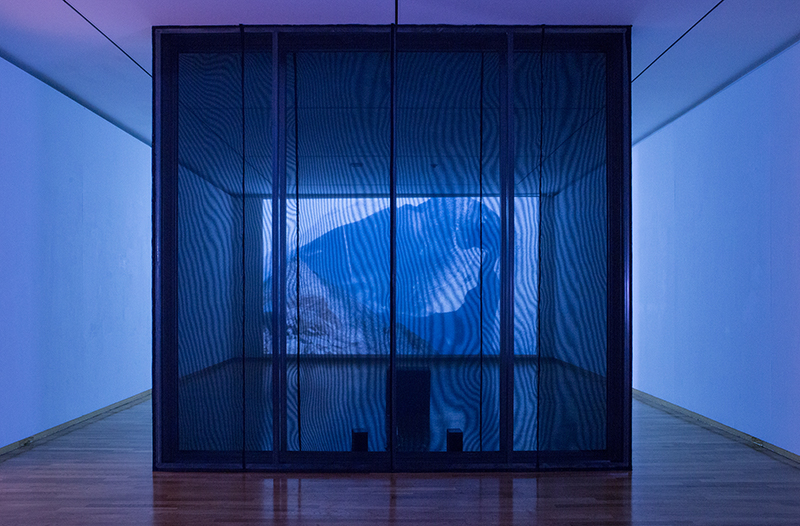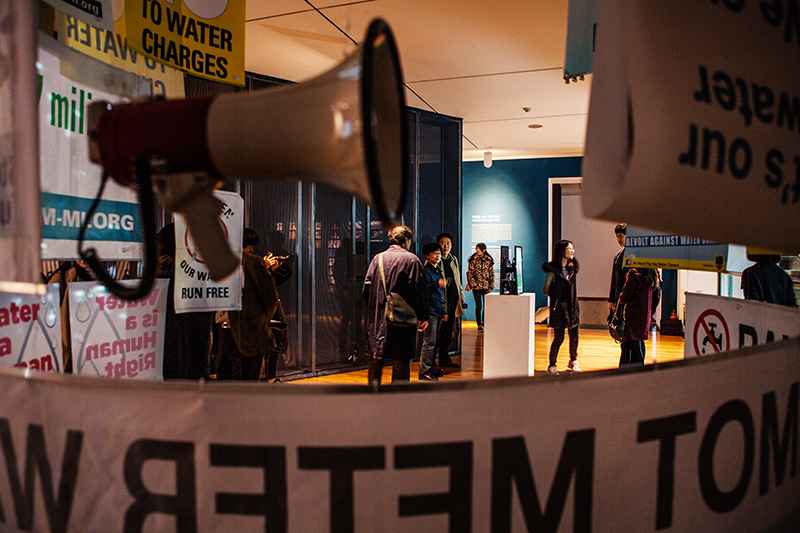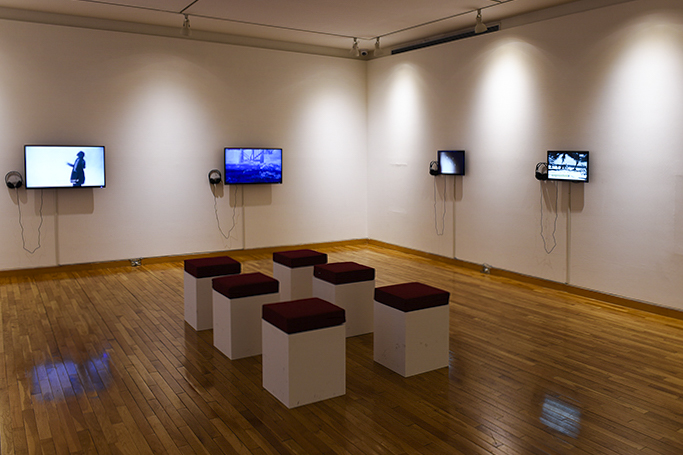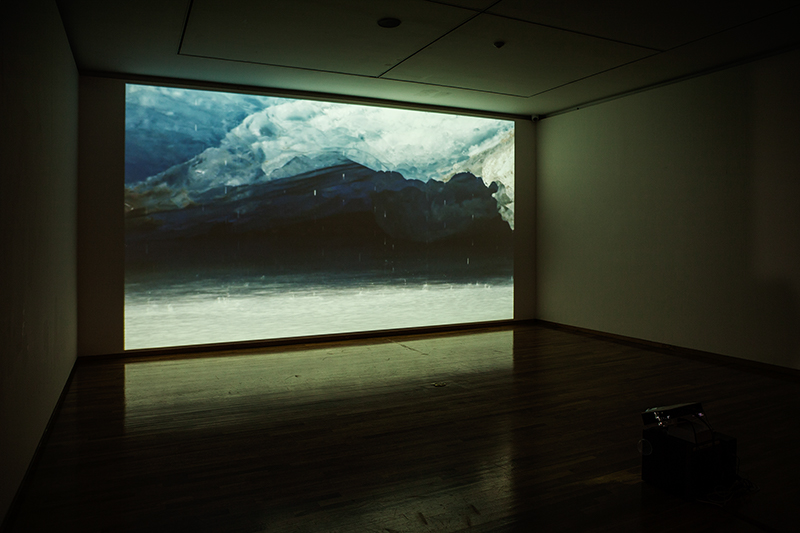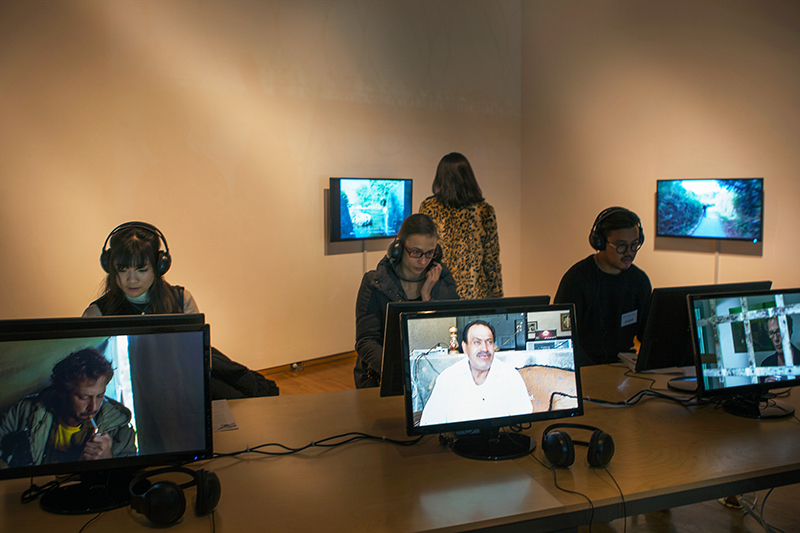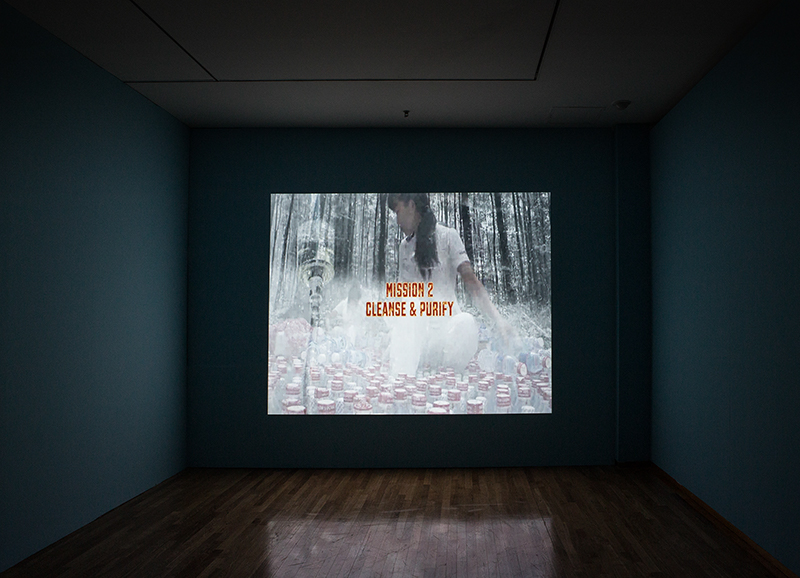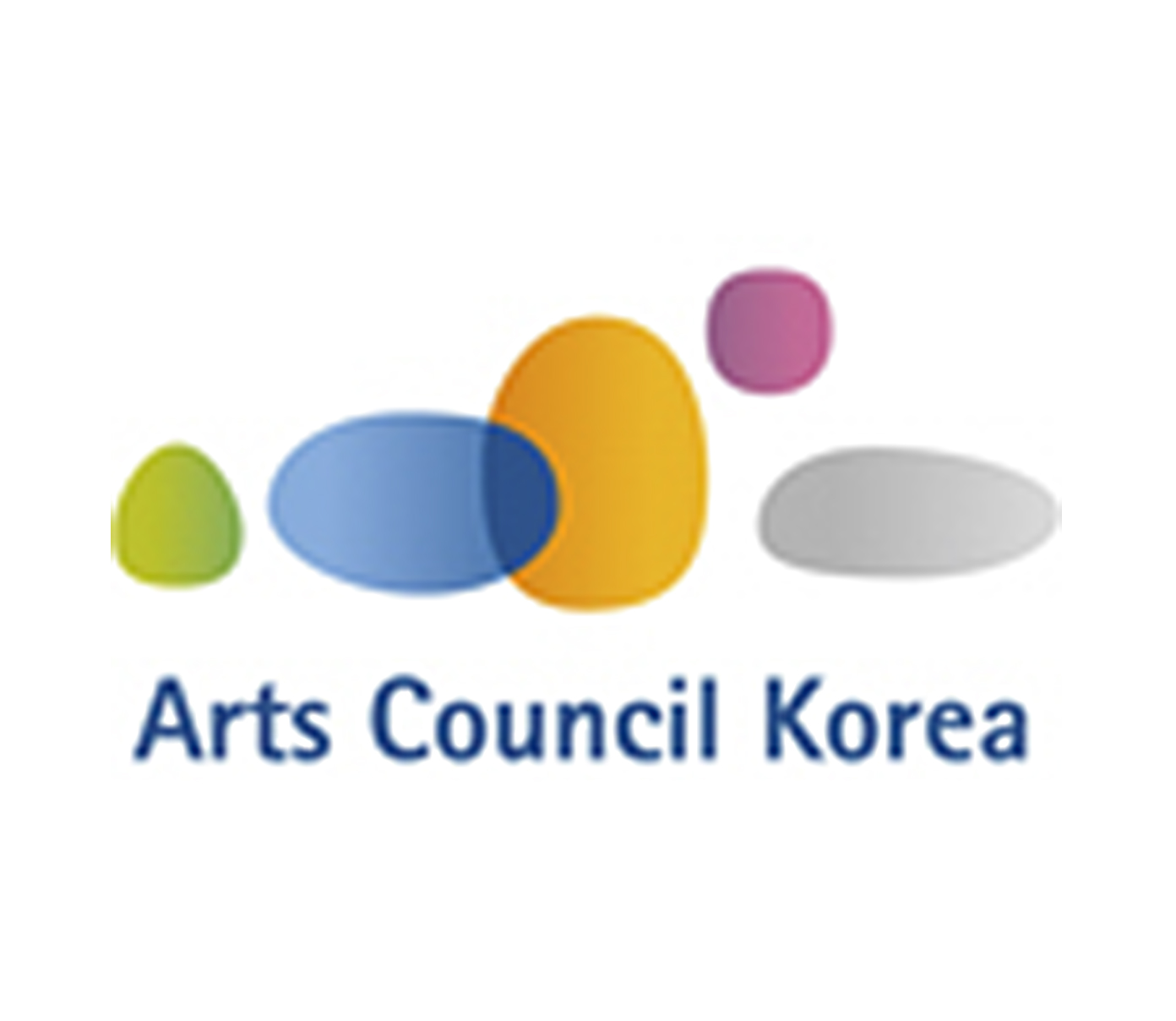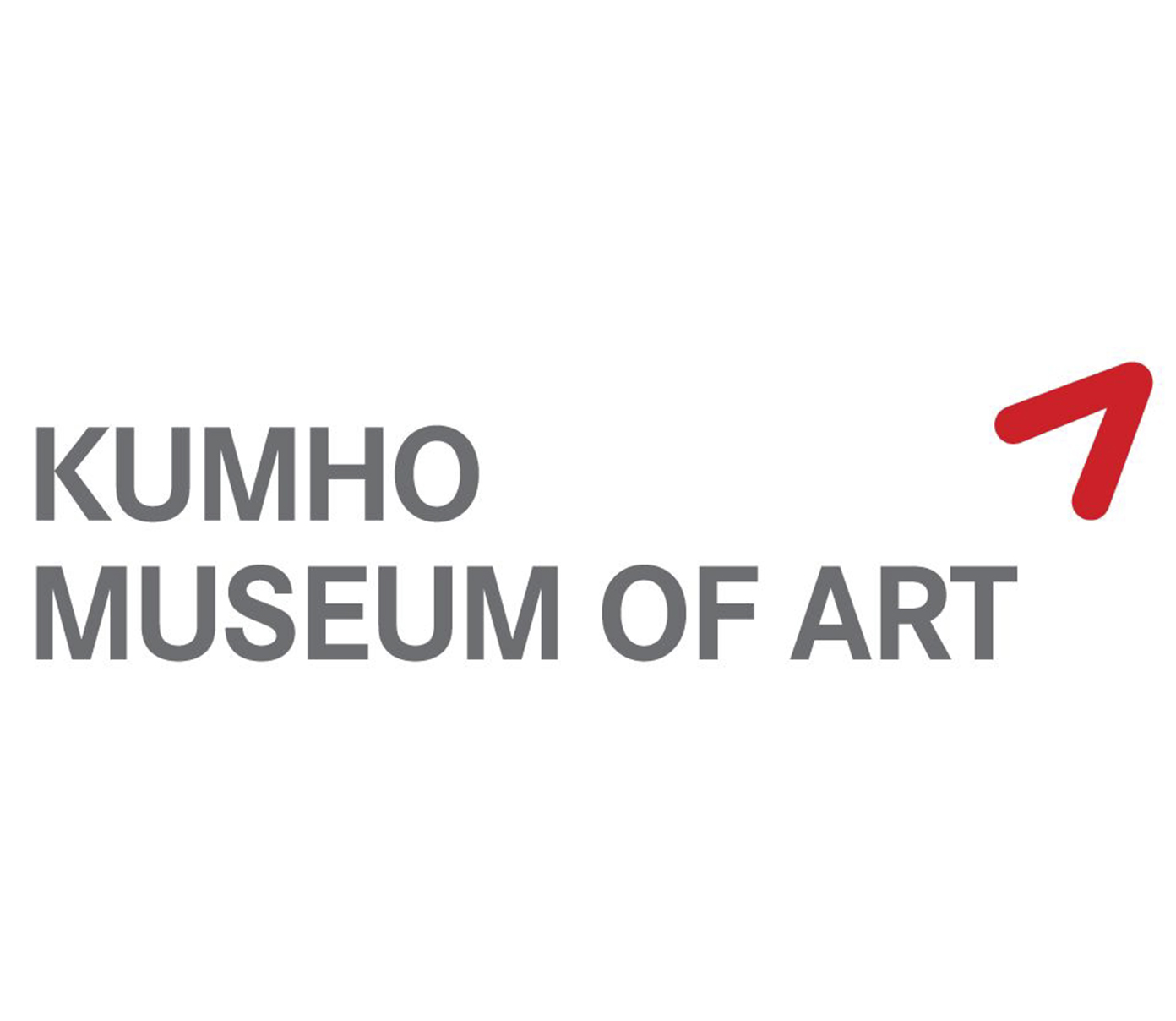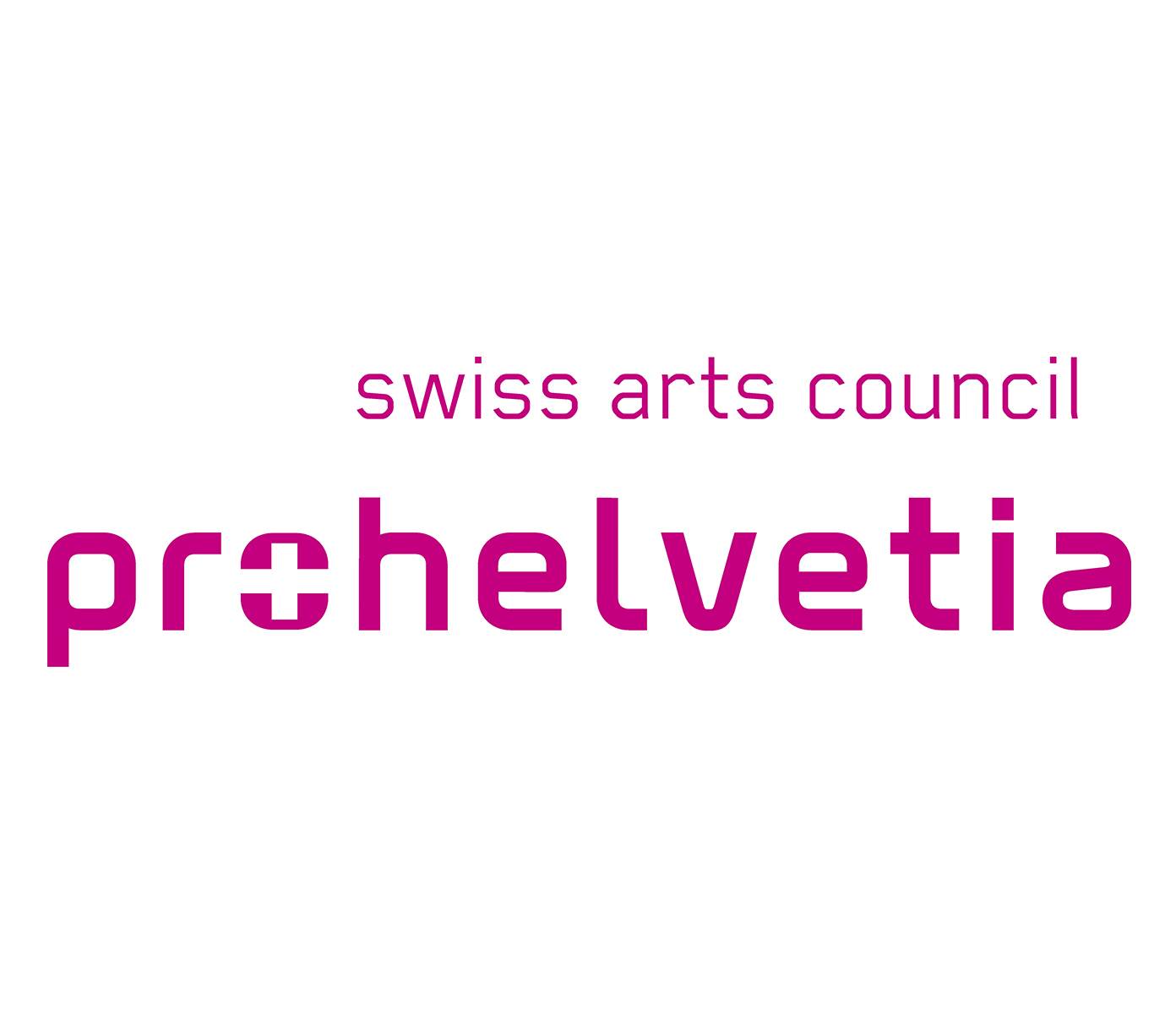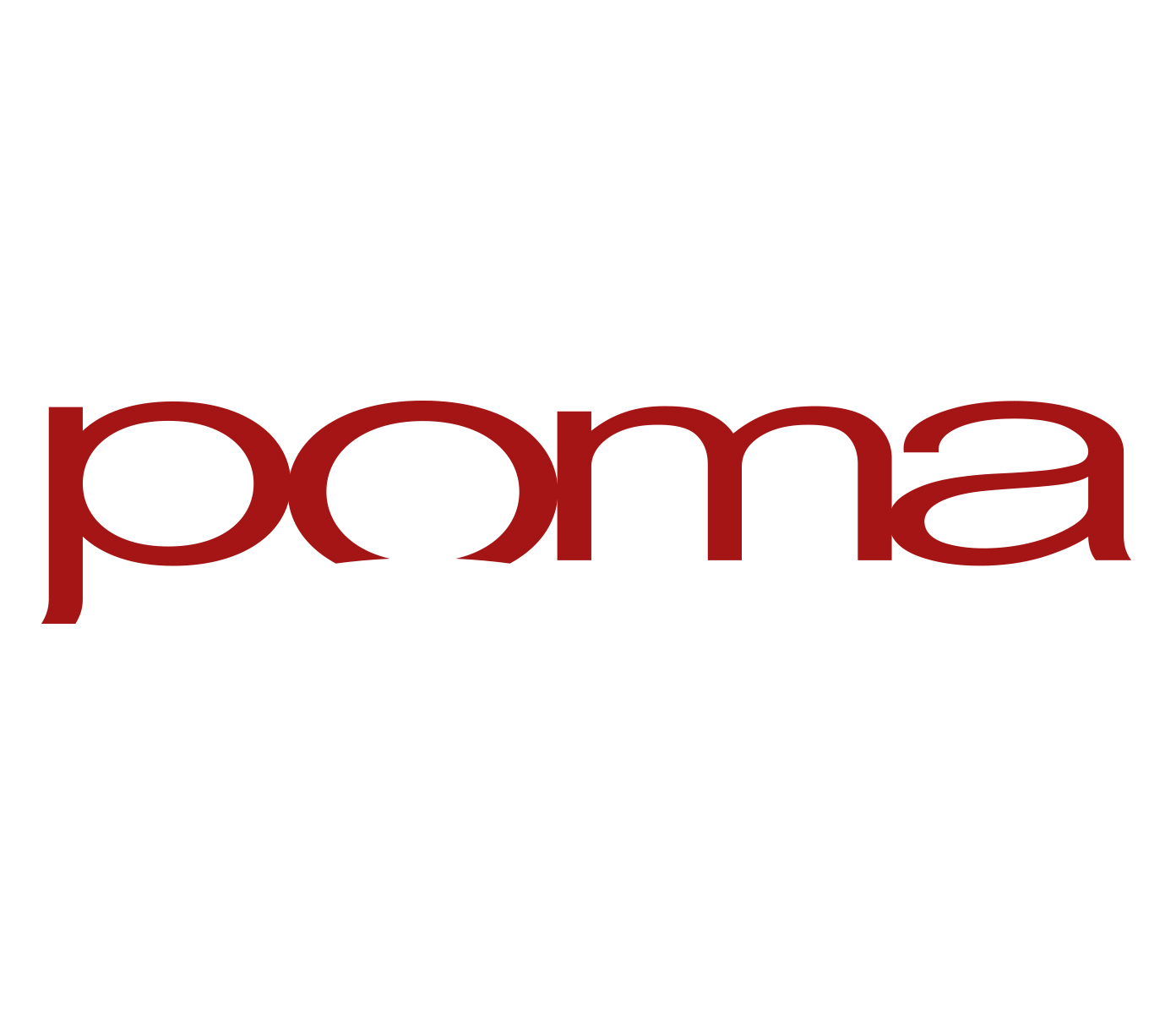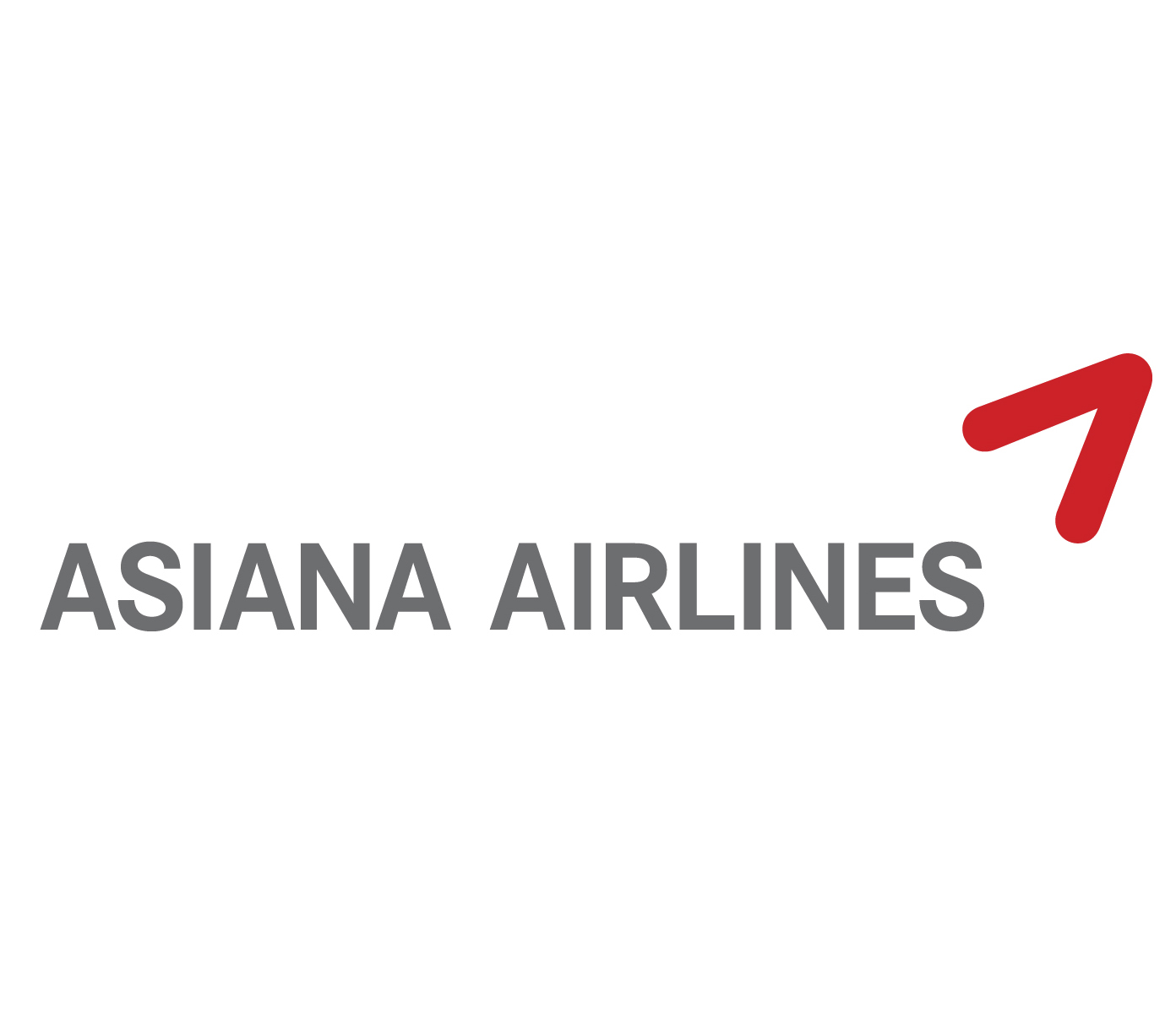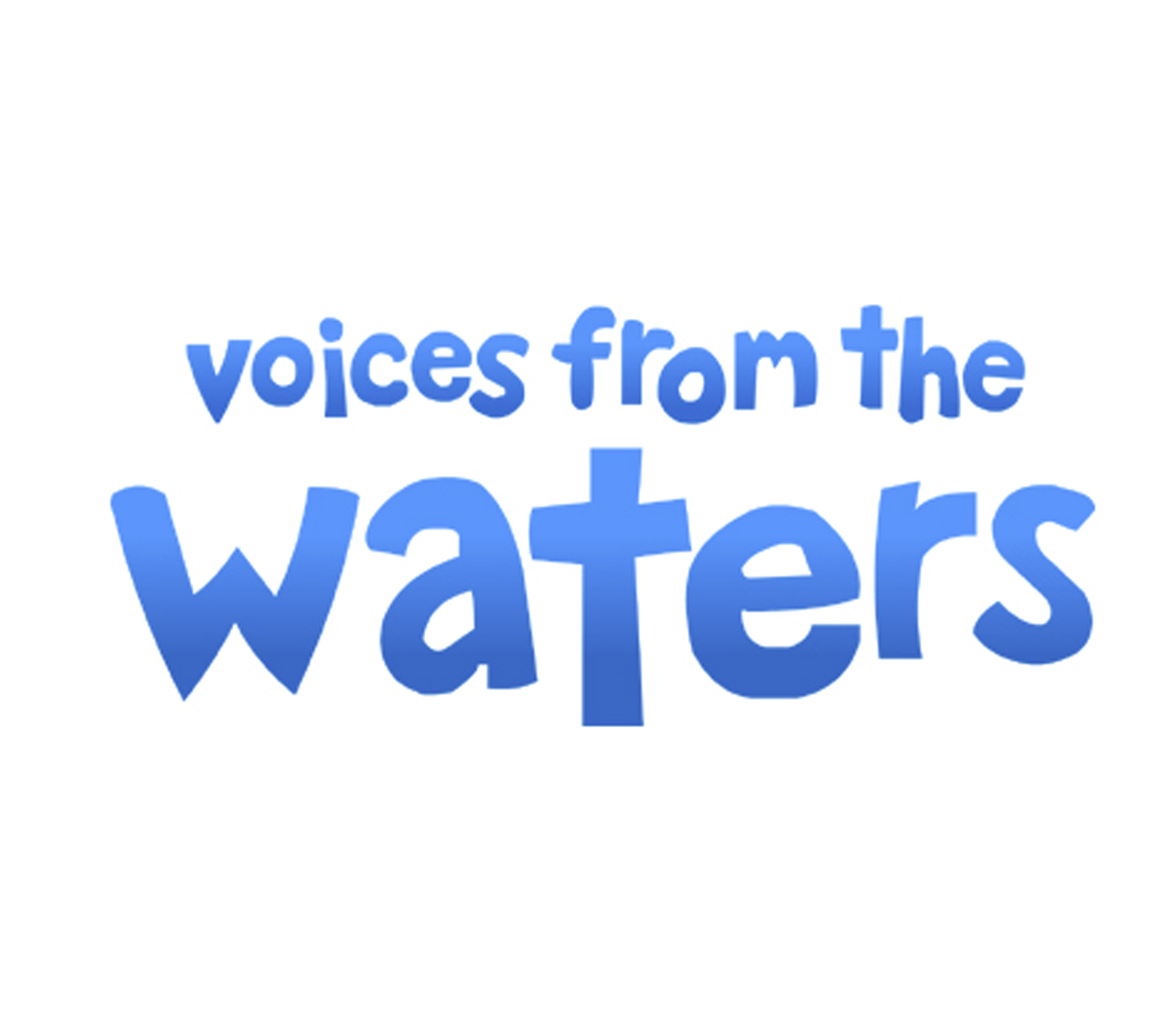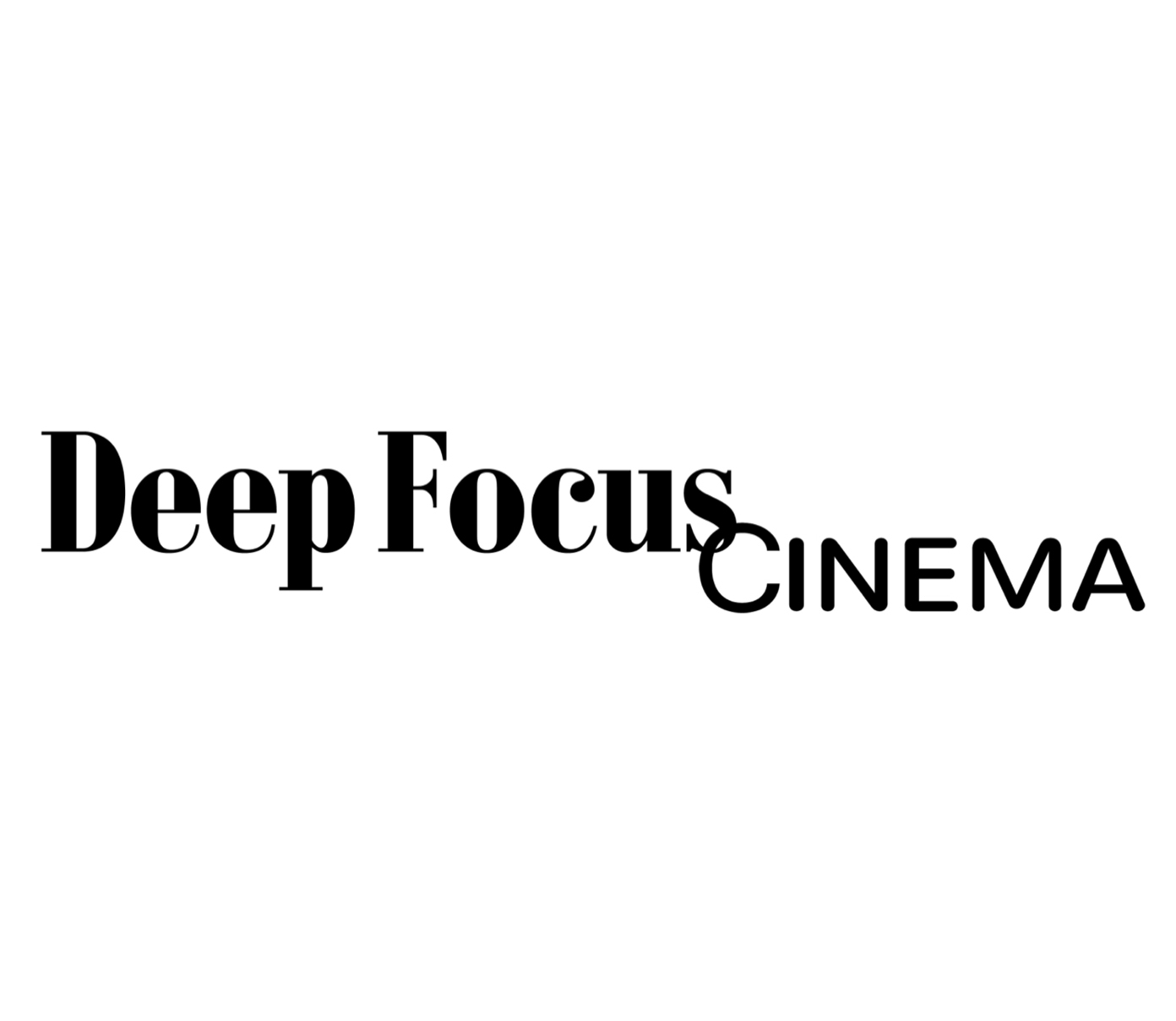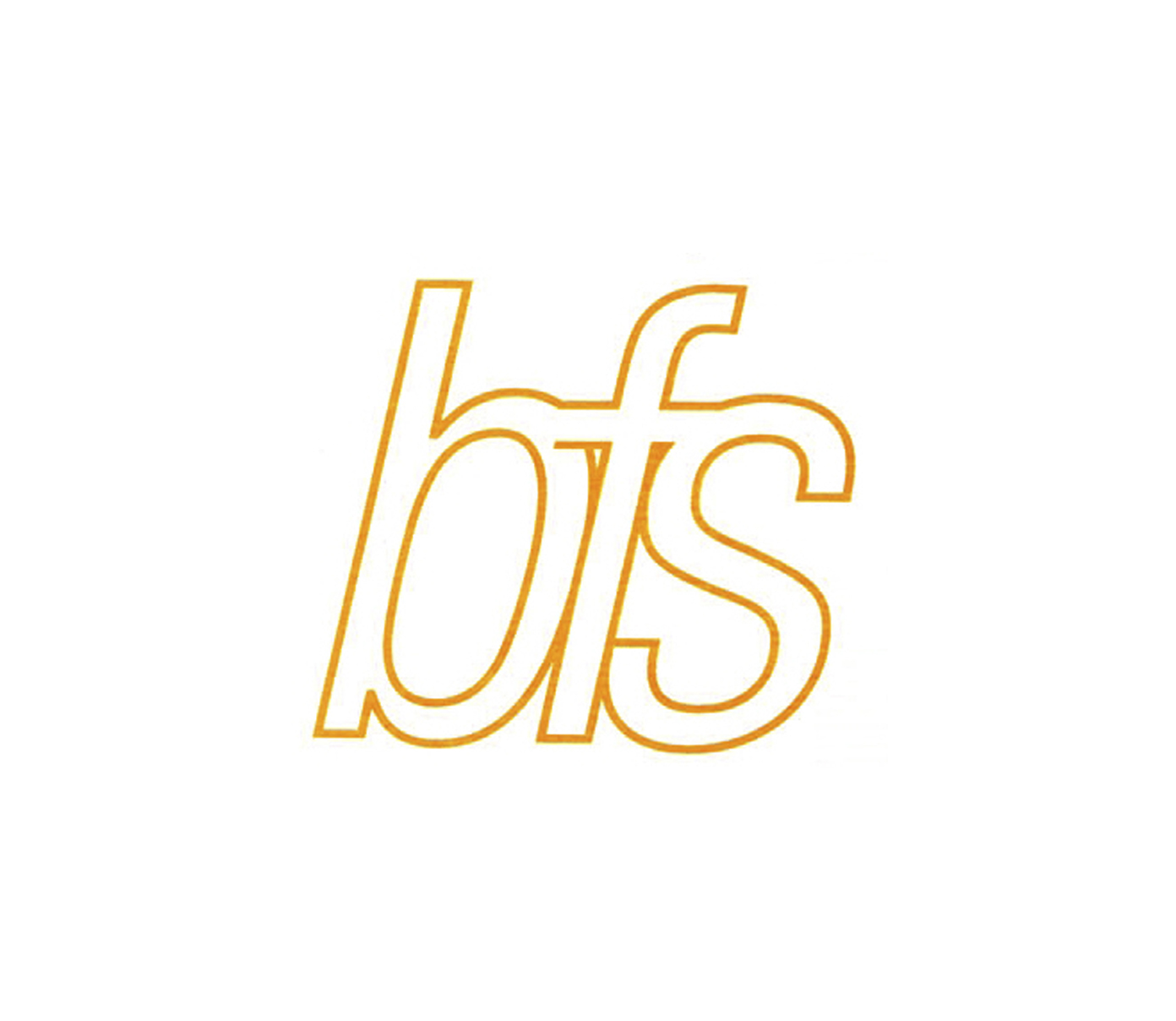WATERSCAPES: THE POLITICS OF WATER | Seoul
This exhibition was presented at the Kumho Museum of Art in Seoul, South Korea from the 15th of November through the 14th of December 2014, and was then hosted at the Pohang City Museum of Art (PoMA) from the 15th of January until the 28th of March 2015. It was the first ever art exhibition of its scale topically, and scope aesthetically, devoted entirely to the subject of global water politics.
Curator: Hyewon Lee
Waterscapes: The Politics of Water proposed an examination of the multifaceted issue of the water crisis in its significance to the escalating global concerns over issues such as: distressed drinking water supplies worldwide; corporate control of public water systems and its unequal distribution; water as an object of conflict, and as definition of territory, borders and national statehood, the notion of nation-state as defined by international sea laws; and the troubling intensification of water-generated disasters in the past decade.
With the aim of extending the public’s understanding of the vital implications of the water issues, Waterscapes approached its theme by connecting socially-engaged artists to the critical eco-political issues of today. From video art and documentary films to New Media art, the works included in this show illustrated the extent to which diverse disciplines and fields of research have converged in current art practices.
Guest Curator in Seoul: Melina Nicolaides for the special subsection exhibit entitled Outflow.
Participating as artists, Khaled Ramadan & Melina Nicolaides presented a remix of new work and of projects originally exhibited within the Maldives Pavilion of the 55th Venice Biennale.
THE ACTIVIST-ARTIST AESTHETIC
The Politics of Water exhibition approaches its theme by connecting contemporary Media Art, a genre that can be as fluid and as political as water, to political issues of today. From light box projections and video art to documentary films and new media art, which incorporates such technologies as GPS, the Internet, data visualization programming and other interactive media, the works included in this show both illustrate the extent to which diverse disciplines and fields of research - Art and Science - have converged in current art practices, revealing how new forms of contemporary artistic expression are evolving with emerging technological and media platforms available to artists today.
CONTRIBUTING ARTISTS:
Alfredo Jaar, Francis Alÿs, Yael Bartana, Electronic Disturbance Theater 2.0, Eve Mosher, Basia Irland, Jessica Plumb, Sigalit Landau, Kobi Mizrahi, Maya De Vries, Wontae Seo, Tammy Ko Robinson, Thenmozhi Soundararajan, Hans Park, Tsahi Hacmon, Suyeon Yun, Jaeyoung Park & Kihyun Kim, Dongyong Lee, Ursula Biemann, Stefano Cagol, Hanna Husberg & Laura McLean, Hanna Ljungh, Melina Nicolaides, Khaled Ramadan, Oliver Ressler, Christoph Draeger & Heidrun Holzfeind, Yael Perlov, Mohammad Bakri, Ahmad Bargouthi, Nir Sa’ar & Maya Sarfaty, Pini Tavger, Yoav Shavit, Mohammad Fuad, Tal Haring, Heli Hardy, Yona Rozenkier, Umesh Aggarwal, Harsha Prabhakar Rao, Savita Aggarwal, Lotta Ekelund, Wonyoung So, Eyal Segal, Jun Nguyen Hatsushiba
“The title Waterscapes alludes to the work of cultural theorist Arjun Appadurai, who added ‘scape’ to people, capital, media, technologies, and political ideas to discuss the fluidity of the process of globalization. The participating artists from all across the globe recognize ‘waterscapes’ as a result of the intertwined dynamics of the five ‘scapes.’ However, resisting Appadurai’s rather optimistic vision of globalization and its consequences, these artists present global ‘waterscapes’ to harbor an immeasurable threat to humanity, calling for immediate actions.”
SEOUL
Far-reaching scope of world water issues addressed by the participating artists:
Through the over 40 artists and activists featured in ‘Waterscapes’, a vast range of global water issues are identified and investigated. Among them, U.S. artist, activist and interventionist Eve Mosher walks around the coastal area of south Manhattan, Philadelphia, Miami and Bristol to draw chalk lines that follow particular elevations that will be submerged under water when climate change accelerates, documenting various dialogues that occur in the process of the intervention; the installation of NY-based Chilean activist-artist Alfredo Jaar about Koko, Nigeria, one of the dumpsites for toxic industrial waste from the so-called developed countries which resulted in the contamination of the entire water system, consists of fifty-five-gallon barrels filled with water, over which are suspended light boxes with photographs of the citizens of Koko reflected in the water; “Climate Change: An Intimate Portrait” by award-winning filmmaker Jessica Plumb, offers a close view of melting glaciers and presents the Arctic as a portrait rather than a landscape. A soundtrack of water melting and dripping accompanies the images. The sound of melting water is a constant reminder of the speed at which glaciers are receding; Basia Irland presents the project “A Gathering of Waters: Rio Grande Source to Sea”, to illustrate how this river, beset by too many human controls and too many human demands, can no longer assure that water from the Rocky Mountain highlands will empty into the Gulf of Mexico; EDT 2.0/b.a.n.g lab (co-founded by Ricardo Dominguez and Brett Stalbaum) connects new media to our lives through the “Trans-border Migrant Tool”, a mobile phone application invented to provide GPS information along with the location of water for Mexican immigrants who attempt to cross the U.S.-Mexico border through the harsh desert; Artists from India and Vietnam look at the shortage of water experienced by local farmers due to the establishment of soft-drink factories by Pepsi and Coca-Cola to reveal the exploitation of water by global multi-nationals and environmental damages in Africa and Southeast Asia, and questioning not only the validity of water rights in the region, but the any claim to any water resource for private ownership, or by a nation; Israeli and Palestinian artists focus on the use of water as one of primary reasons that has created tension and conflict between the two peoples for generations, showing how even daily episodes surrounding the distribution of water and electricity of residents can create political conflict; among the artists from Scandinavia, in her video “How to Civilize a Waterfall”, artist Hanna Ljungh performs an authoritative confrontation with a waterfall and tries to persuade it to turn into a hydroelectric power plant. Based on the information about hydroelectric power distributed by one of Sweden’s largest power companies, her performance signifies humanity’s paradoxical relationship with nature; Korean artists Jaeyoung Park and Kihyun Kim construct a platform for water protest by using various forms of protest signs - including pickets, sashes, banners and loudspeakers - that communicate messages and images related to the global water crisis, and all of which have been used in real water demonstrations; social activist and designer Wonyoung So chronicles water-generated conflicts and wars around the world from 3000 B.C. to the present, through an interactive ‘data visualization program’ map; the documentary video by Suyeon Yun investigates the complex chain of ‘drinking water’ in Korea, including the condition of its origin, its circulation in the ‘water market’, and its classed consumption - from the arctic glacial water served to VIPs in membership-based sports clubs, to water-bars led by water ‘sommeliers’ .
Film Screening: films and documentaries from India on the theme of water, from the 2013 Water Bodies presentation in Chennai, India were screened within the exhibition. This section was presented by the InKo Centre, in association with the ‘Voices from the Waters’ Festival, the ‘Bangalore Film Society’ and ‘Deep Focus Cinema’ .
OUTFLOW: THE REMIX | Special Presentation in WATERSCAPES
Co-curators: Melina Nicolaides & Khaled Ramadan
Composing a special subsection of the Waterscapes exhibition was a selection of work originally exhibited within the Maldives Pavilion of the 55th Venice Biennale (curated by the art collaborative CPS’s Khaled Ramadan, Alfredo Cramerotti, Aida Eltorie), a project that had presented the Maldives archipelago under the theme of ‘Portable Nation’. The ecological approach of this initiative had produced a series of environmental investigations by artists and thinkers from around the world that aimed to bring attention to the crisis of this nation’s anticipated disappearance as a result of the global rise in sea levels.
For Korea, co-curators Khaled Ramadan and Melina Nicolaides reframed the 2013 Maldives project with new works under the title Outflow: the Remix, proposing a collection of projects from eight international artists related specifically to water and the critical issues, concerns, and concepts that originate from this source.
These short films and documentaries addressed a variety of current ecological debates and thoughts on water, such as: environmental politics, climate change regulations, the notion of nation-state as defined by international sea laws, the process of preservation, environmental events related to social and cultural life, and water as a metaphor for the human will to bring about change.
Contributing Artists: Ursula Biemann, Stefano Cagol, Hanna Husberg, Hanna Ljungh, Laura McLean, Melina Nicolaides, Khaled Ramadan & Oliver Ressler
“‘Outflow’ is a reference to the perpetual depletion and seeping away of this vital fluid and the blue spaces that make up so much of the Earth - bringing world water scarcity, thirst, drought,
climate drifters, and water refugees.
It also refers to our rising seas - which beget the sinking paradises of the
Maldivian, Kiribati or Tuvalu resident contemplating nation and citizenship without territory.
But perhaps it is even the seemingly absurd possibility of the centennial edition of the Venice Biennale having to be navigated, not by foot or water-taxi, but in scuba attire instead..”
Banner image: Hanna Ljungh, still from 'How to Civilize a Waterfall' (2011)


